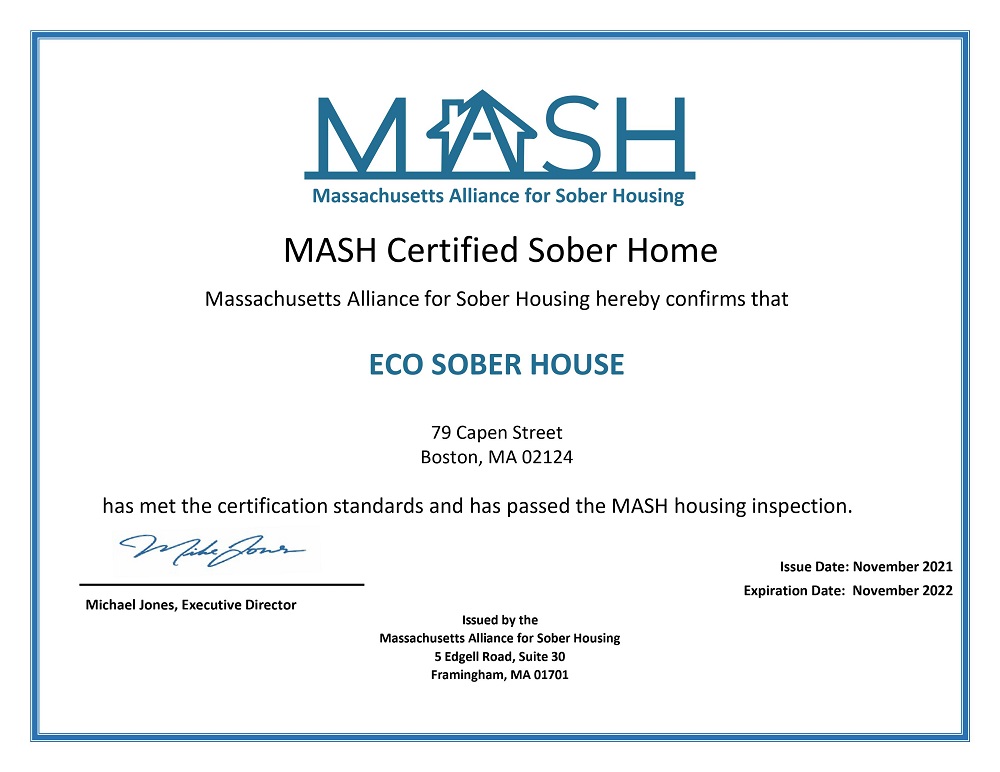We know that the difference between addiction and dependence is often challenging to understand. Some organizations may have different names or definitions or use the words interchangeably, which causes mass confusion. The term substance use disorder (SUD) is the preferred way of saying it in the scientific community.
Substance use, abuse, and addiction – APA Psychology News
Substance use, abuse, and addiction.
Posted: Sat, 15 May 2021 02:23:41 GMT [source]
However, once you are addicted to something, it becomes increasingly difficult to realize it on your own until you (most people) are near rock bottom. If a person experiences a substance overdose, those around them should seek emergency medical assistance immediately. A person who has recovered from an overdose may want to seek professional help to treat their addiction. Addiction is an inability to stop using a substance or engaging in a behavior even though it may cause psychological or physical harm.
Addiction Definition
As a result, individuals need to have access to care they need right away. Because addiction alters the chemical balance in your brain, your entire perspective changes along with it. That’s why it’s difficult to realize https://ecosoberhouse.com/ you are addicted to something until a close friend or relative speaks up about the change they notice. More often than not, those closest to those struggling with addiction will realize the behavior first.
- The DSM-IV defines dependence and abuse as two completely different disorders.
- Mark eventually develops a physical dependence on alcohol, as it’s an addictive substance.
- It is also possible for someone to realize their dependency and to stop taking the drug before they become fully addicted to it.
- At this point, the body begins to recognize the drug itself as it has been taken numerous times.
Addictions are more likely to result in serious harm, including suicide, unlike tolerance and physical dependence. If that history lesson sounded confusing, that’s because it is, and there’s no way to simplify what happened. But the biggest source of confusion concerns the word “dependence.” Prior to the DSM-III, the term “dependence” simply meant physiological dependence, as indicated by tolerance and withdrawal symptoms. You are dependent if you stop taking the drug and experience withdrawal symptoms. People can have just a physical dependence, addiction, or both at the same time. This is when a person depends on a substance or behavior emotionally, such as when stressed.
Abandoning The Terms
As a result, many physicians are ill-equipped to differentiate addiction from dependence due to a lack of expertise. Other professionals who diagnose addiction (e.g. social workers, physician assistants, nurse-practitioners, addiction counselors) also need better education about these distinctions. We know opioids, for example, can be highly addictive, and that addiction can develop quickly. They deliver a double punch — they don’t just increase the feel-good dopamine in the brain, but there’s also a need to take them consistently to avoid painful withdrawal symptoms. As a consequence, the diagnostic category of “substance dependence” stayed with us through the DSM-IV, until it was dropped in 2013 in the DSM-5, along with the diagnostic category of “substance abuse.”
- Most people today seem to use the terms “addiction” and “dependency” interchangeably.
- This is where dependency can turn into full-blown addiction—when substance abuse becomes the all-encompassing main priority.
- In order to address these problems, the proposed changes for DSM-V include some changes in terminology.
- However, treatment usually involves medication, counseling, and community support.
The ‘abuse category’ has been eliminated from the proposed structure because of the lack of data to support an intermediate state between drug use and drug addiction. The symptoms created for DSM-III-R remain the same, except for the elimination of the ‘legal difficulties’ symptom and the addition of ‘drug craving’. Tolerance and withdrawal symptoms are not counted towards the diagnosis when the patient is involved in an appropriate medical treatment program for a problem such as pain, depression or anxiety. Patients enrolled in such programs can qualify for a substance use disorder only if they have other symptoms of aberrant behavior demonstrating compulsive drug-seeking. The erroneous implication is that ‘dependence’ in the DSM was not physical or physiological.
Addiction and dependence in DSM-V
As long as the medications keep me stable, I’ll continue to take them. I don’t see it as an addiction at all, rather a need in my body to regulate my brain chemistry. “Physical dependence on a substance (drug or alcohol) may be a component of addiction, but it does not itself equal addiction. This meeting of the forum will examine the nature of substance abuse and its impact on the nation. Substance abuse is most prevalent among adults between the ages of 18 and 25, and level of education seems to be an important correlate of abuse. Less-educated people are more likely to engage in heavy use of drugs, alcohol, and tobacco.

So, it’s important to consult a doctor to find the best program for your needs. The addiction vs dependence International Classification of Diseases (ICD-11) also recognizes gaming disorder.